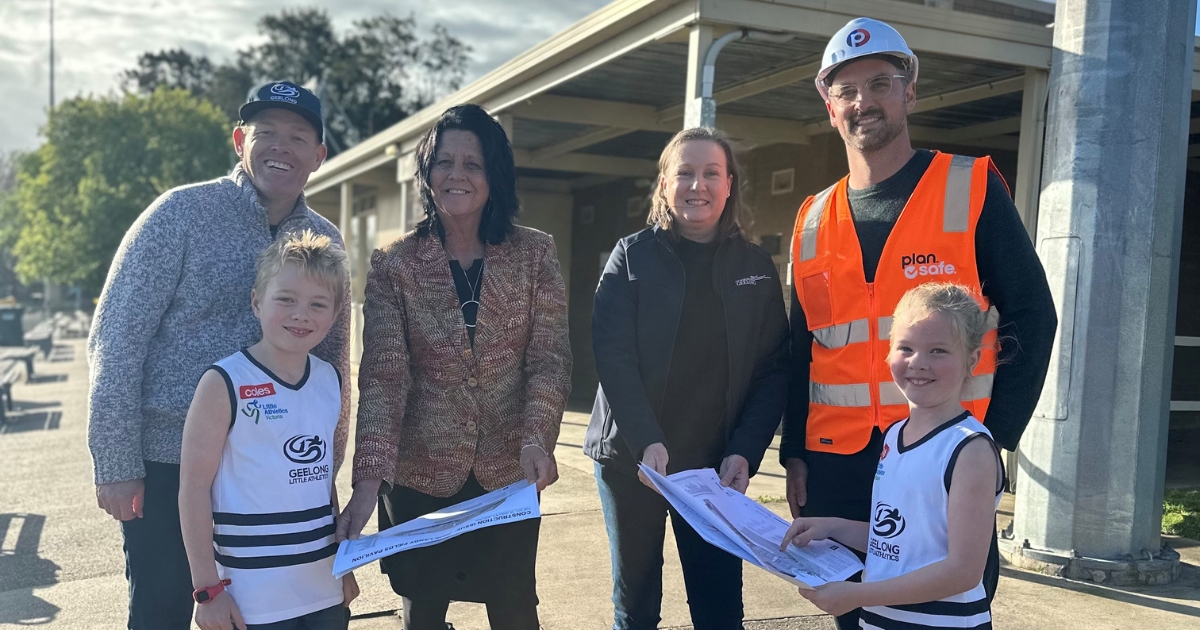Deakin invests in marine science research

The upgrades will enhance the work of the centre and allow it to better engage with industry and the local community. Photo: DEAKIN UNIVERSITY
UPGRADES have been completed on Deakin University’s Queenscliff-based Marine Science Centre, establishing the site as a centre of excellence.
Works included the construction of new aquarium facilities and advanced computer laboratories as well as the installation of modern audio-visual and conferencing technologies in one of the facility’s meeting rooms.
Along with the university’s facility in Warrnambool, the Queenscliff Marine Service Centre is responsible for research into climate change, biodiversity, ecosystem health and food systems, among other ocean-based topics.
It also serves as an educational site for the university’s marine science program, offering students unique experiential learning opportunities and enabling them to gain skills in priority areas such as environmental protection and climate change resilience.
Deakin University deputy vice-chancellor of partnerships, Dr David Halliwell, said the upgrades would enhance both the university’s marine science research capabilities and student training.
“This investment helps enable some of Deakin’s key education and research priorities to create smarter technologies and enable a sustainable world.
“We’re passionate about providing the best opportunities for experiential learning and applied research to empower the next generation of guardians to our waterways.”

The $3.5 million project was supported by $1 million in funding from the state government and the completed facility was officially opened last week at an event officiated by Victorian Minister for Skills and TAFE Gayle Tierney.
“This new centre not only opens doors for students and researchers, but it establishes Victoria as a leader in marine science and sustainability studies,” Ms Tierney said.
Bellarine MP Alison Marchant was also in attendance.
“This exciting new centre will position the Bellarine region at the forefront of marine science education in Victoria and reinforce our reputation as a leader in cutting-edge innovation and research into environmental sustainability,” Ms Marchant said.
During the event, Deakin University also unveiled its Integrated Water Management Plan, an intervention plan delivered in partnership with Barwon Water, which aims to improve water quality and biodiversity.
As part of the plan, a network of ponds at the university’s Waurn Ponds campus have been converted into a wetland system, creating a living laboratory for students and researchers to learn about water management and the impacts of climate change.
Work on the constructed wetland began in January 2022 and also received funding from the state government.
“Water management is an essential part of the clean economy and by backing projects like this, we’re not just supporting universities, we’re supporting jobs and a more sustainable future,” Ms Tierney said.

















